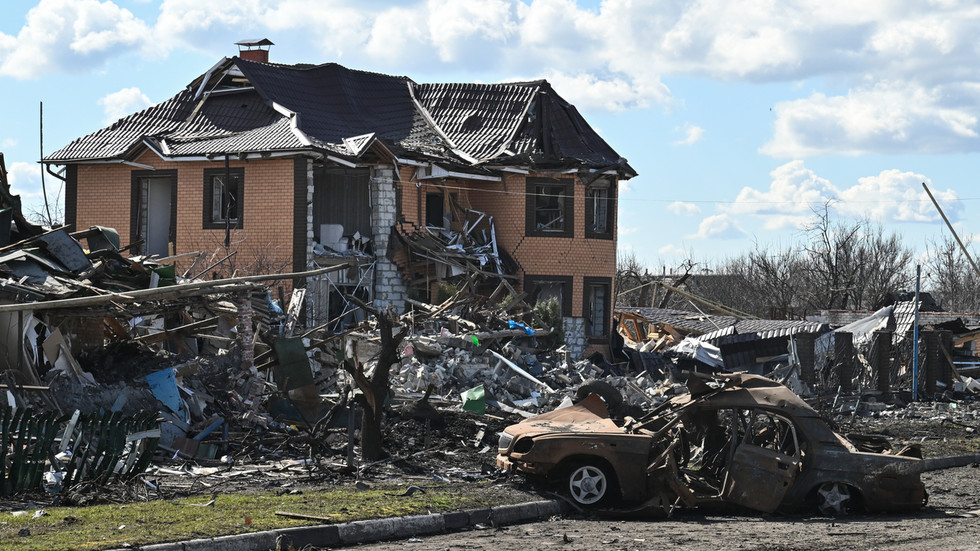Russian elites are living in "terror" as Vladimir Putin launches a terrifying purge of officials and businessmen. A series of apparent suicides and state seizures of companies has sent a cold shiver of fear down the backs of Russia's richest and most powerful.
Kremlin insiders and analysts believe Putin is on a personal mission to drum up funds to help finance his war in Ukraine. Long tolerant of corruption, the Kremlin leader is now targeting those he believes have taken too much and undermined his war effort. July saw a number of major incidents that left a bloody trail and shook Russian elites to their very core.
Andrey Badalov, the vice-president of state-owned pipeline company Transneft, fell to his death from a balcony at his home.
And then, even more shockingly, Roman Starovoit allegedly shot himself in his car after being dismissed from his position as transport minister. It is the death of the former minister that has, in particular, sent shockwaves through Russia's elite.
The circumstances of Starovoit's death are contested, with his time of death disputed. Investigators said he killed himself just after Putin sacked him on Monday, July 7. However, Russian media claimed that the minister may have died as early as Friday evening.
A member of the State Duma, Andrei Kartapolov, told Russian journalists that Starovoit had died “quite long ago”.
A former Russian politician told the Express he suspected that Starovoit had been killed, saying: "I would say that more likely it was an assassination, just based on the circumstances of how it happened. But it really doesn't make a lot of difference because he was a crook, he was a thief, and the actual resignation happened after he was killed, not before."
The 53-year-old appeared untouchable and had powerful backers in Putin’s lifelong friends and judo sparring partners, Boris and Arkady Rotenberg.
Despite this cover, investigators launched a probe into the embezzlement of £38 million, which was meant to construct border defences in Kursk, around a fifth of the allocated total for the project.
Andrei Soldatov - author of the book Red Web and an expert on Russia's intelligence agencies - told the Telegraph that the FSB and the Kremlin were working together to "repress" the elite. “The FSB collects compromising material on officials, top managers of state-owned companies, and politicians,” he said.
“If a particular institution needs to be purged – say, a ministry or a regional leadership – they start by arresting the number two, and extract testimony implicating the top figure and other key players. Everyone understands how it works, and everyone is terrified.”

 8 hours ago
1
8 hours ago
1










 English (US) ·
English (US) ·